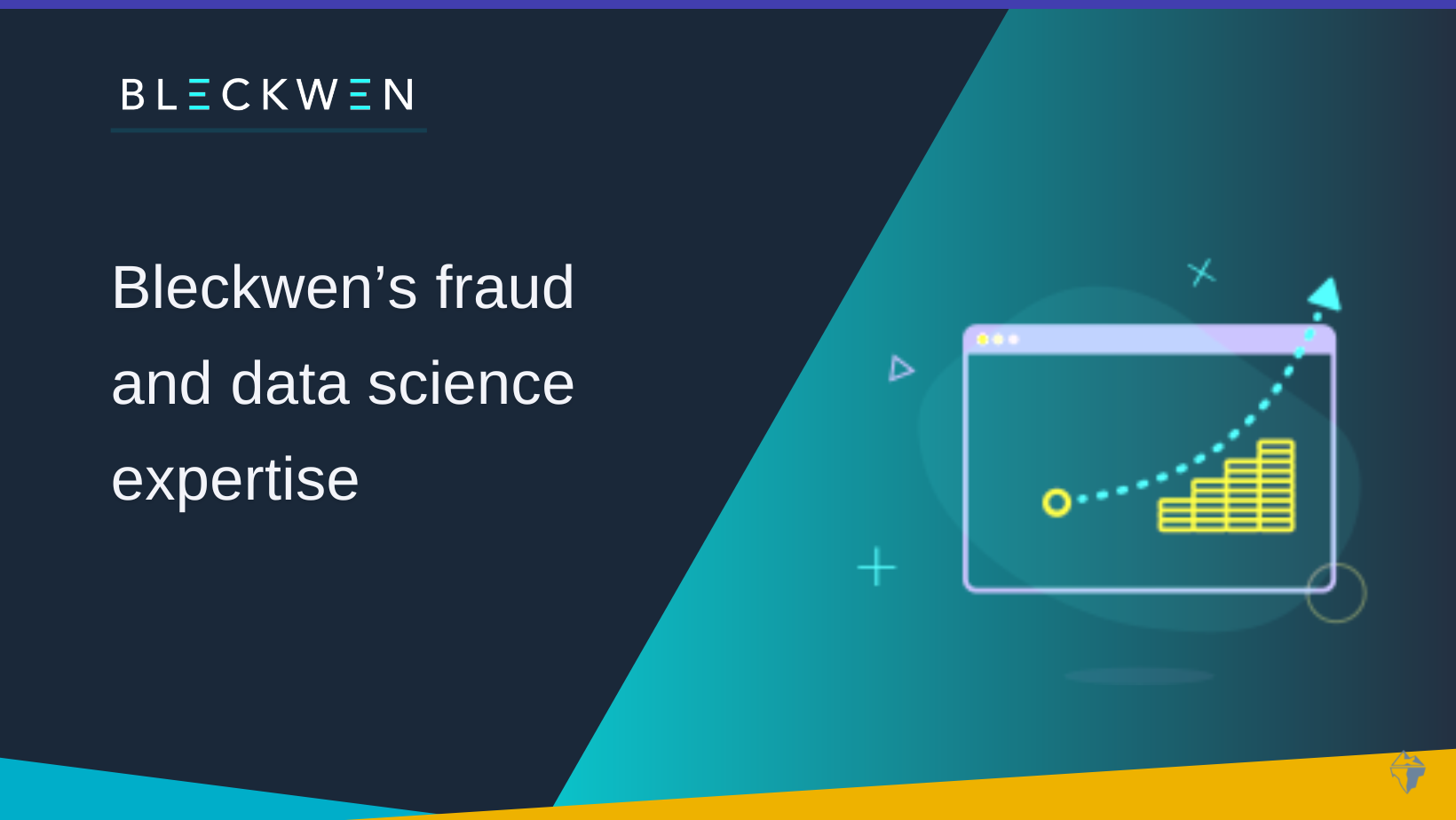
New forms of work, the continuing uncertainty of the global economy, and the rising cost of living undoubtedly provide many opportunities for fraudsters. Financial experts point out that people facing financial hardship are more tempted to commit fraud to earn extra income in these difficult times.
We look at the types of fraud currently facing lending institutions and their challenges in finding solutions for better fraud management. Just as it was last year, financial services remain one of the hardest hit sectors for fraudsters. In the U.S., one of the biggest challenges for companies is labeling fraud and risk because every company has its own. The situation is no different in Europe. As fraud cases explode, organizations don't have the ability to compare their company's risk level.
The health crisis, by encouraging people to limit physical contact, has spurred digital transformation. As digitization has only increased, it is essential to address the new risks it generates, without neglecting traditional risks and physical channels.
With the development of digital technologies, health crises have given wings to fake brokers. ASF (Association Française des Sociétés Financières) has identified frauds for a total amount of approximately €43 million between 2018 and 2020.
Another type of fraud that has grown is identity theft, which is still a significant threat. The number of reported cases increasing by 22% in the UK (source: Cifas, 2021). While identity fraud primarily affects the banking sector, the online retail and finance sectors are also increasingly affected. Of these trends, the development of corporate credit fraud is the most recent. It concerns all products eligible for commercial credit (vehicles, industrial equipment, and IT).
In France, Tracfin (Traitement du renseignement et action contre les circuits financiers clandestins) considers fraud in emergency schemes, such as partial unemployment, solidarity funds, and loans granted by the State, as sources of damage to public finances. In addition, fraud can represent a reputational risk for financial organizations, as these offenses can be linked to money laundering related to criminal transactions.
Finding a fraud management solution that works with legacy systems and limits production costs is one of the biggest challenges for organizations. Knowing which tool fits the internal processes is a headache for risk and fraud managers. The cost of fraud represents, on average, 1.5% of net banking income. Credit institutions are strengthening their anti-fraud measures. Artificial intelligence is a promising avenue to increase profitability and reduce fraud attempts.
Major financing institutions, such as Carrefour Banque & Assurance and DIAC, the French subsidiary of Mobilize Financial Services, have added Bleckwen to their anti-fraud toolbox. The cost of fraud has been reduced by more than 80% in less than 3 months of using the scoring solution. In addition, improved anti-fraud techniques contribute to the fight against terrorist financing, as highlighted by the Financial Action Task Force (FATF). Bleckwen has contributed to a smoother experience for the end customer, the processing of credit applications is managed in a faster and more efficient way.
Proven results & guaranteed fraud savings
Tailored for your business

Easy to integrate with rapid time to value